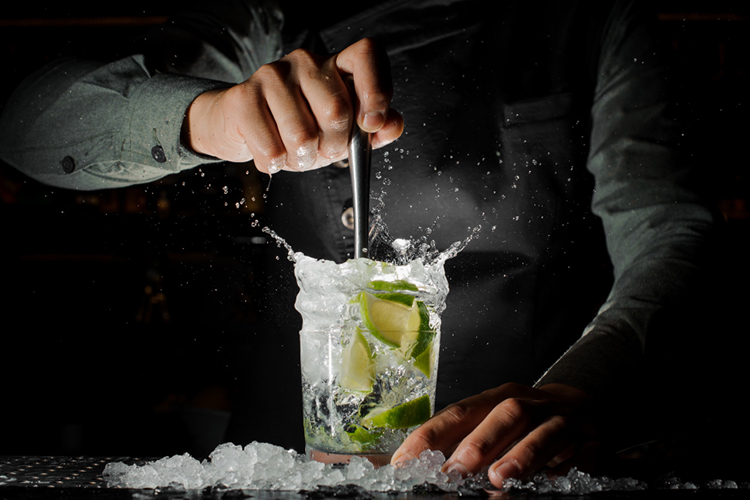The role of a bouncer, also known as a doorman or security personnel, is critical in maintaining the safety and order of establishments that serve alcohol, such as bars, clubs, and restaurants. While their primary responsibilities often involve managing crowd control, checking IDs, and handling difficult situations, a pertinent question arises: Does a bouncer need to be Responsible Beverage Service (RBS) certified?

Understanding RBS Certification
Responsible Beverage Service (RBS) certification is a training program designed to educate individuals about the legal and responsible service of alcohol. The training typically includes:
- Alcohol Laws and Regulations: Knowledge of state and local laws governing alcohol sales and service.
- Recognizing Intoxication: Identifying signs of intoxication and understanding how to manage intoxicated patrons.
- Checking Identification: Proper techniques for verifying the authenticity of IDs to prevent underage drinking.
- Liability Awareness: Understanding the legal implications and potential liabilities associated with improper alcohol service.
- Conflict Resolution: Strategies for de-escalating conflicts and managing challenging situations involving alcohol.
The Role of a Bouncer
Bouncers play a crucial role in ensuring the safety and compliance of an establishment by:
- Checking IDs: Verifying the age of patrons to prevent underage drinking.
- Monitoring Patron Behavior: Observing customers for signs of intoxication and intervening when necessary.
- Handling Ejections: Safely removing patrons who are disruptive or excessively intoxicated.
- Ensuring Safety: Maintaining a secure environment for both customers and staff.
Why RBS Certification is Important for Bouncers
While RBS certification is primarily associated with those who serve alcohol, there are several compelling reasons why bouncers should also obtain this certification:
- Legal Compliance In many states, alcohol-related laws and regulations require not only servers but also any staff involved in alcohol service and patron management to be RBS certified. This includes bouncers, who often act as the first line of defense in preventing underage drinking and managing intoxicated patrons.
- Enhanced ID Checking Bouncers are frequently responsible for checking IDs at the entrance. RBS training provides in-depth knowledge and skills for accurately verifying IDs and spotting fakes, thus preventing minors from gaining access to alcohol.
- Managing Intoxicated Patrons Recognizing and appropriately handling intoxicated patrons is a significant aspect of a bouncer’s job. RBS training equips bouncers with the ability to identify signs of intoxication and take appropriate actions, such as refusing entry or arranging safe transportation for inebriated individuals.
- Conflict Resolution Alcohol can lead to heightened emotions and conflicts. RBS certification includes training on conflict resolution techniques, which can be invaluable for bouncers in de-escalating potentially volatile situations and maintaining a safe environment.
- Liability Reduction Improper handling of intoxicated patrons can result in legal liabilities for both the bouncer and the establishment. RBS certification helps bouncers understand the legal ramifications of their actions and provides them with the knowledge to act in ways that reduce liability risks.
Industry Standards and Best Practices
Although not all jurisdictions mandate RBS certification for bouncers, many establishments and security firms adopt it as a best practice. Ensuring that bouncers are RBS certified demonstrates a commitment to responsible alcohol service and enhances the overall professionalism and safety of the establishment.
While the primary responsibility of serving alcohol lies with bartenders and servers, bouncers play an essential role in managing the entry and behavior of patrons in establishments that serve alcohol. Obtaining RBS certification for bouncers is a prudent measure that can enhance their effectiveness in ID checking, managing intoxicated patrons, and resolving conflicts. It also helps in ensuring legal compliance and reducing liability risks. In summary, RBS certification for bouncers is not only beneficial but, in many cases, necessary for maintaining a safe, compliant, and professional environment in establishments that serve alcohol.

